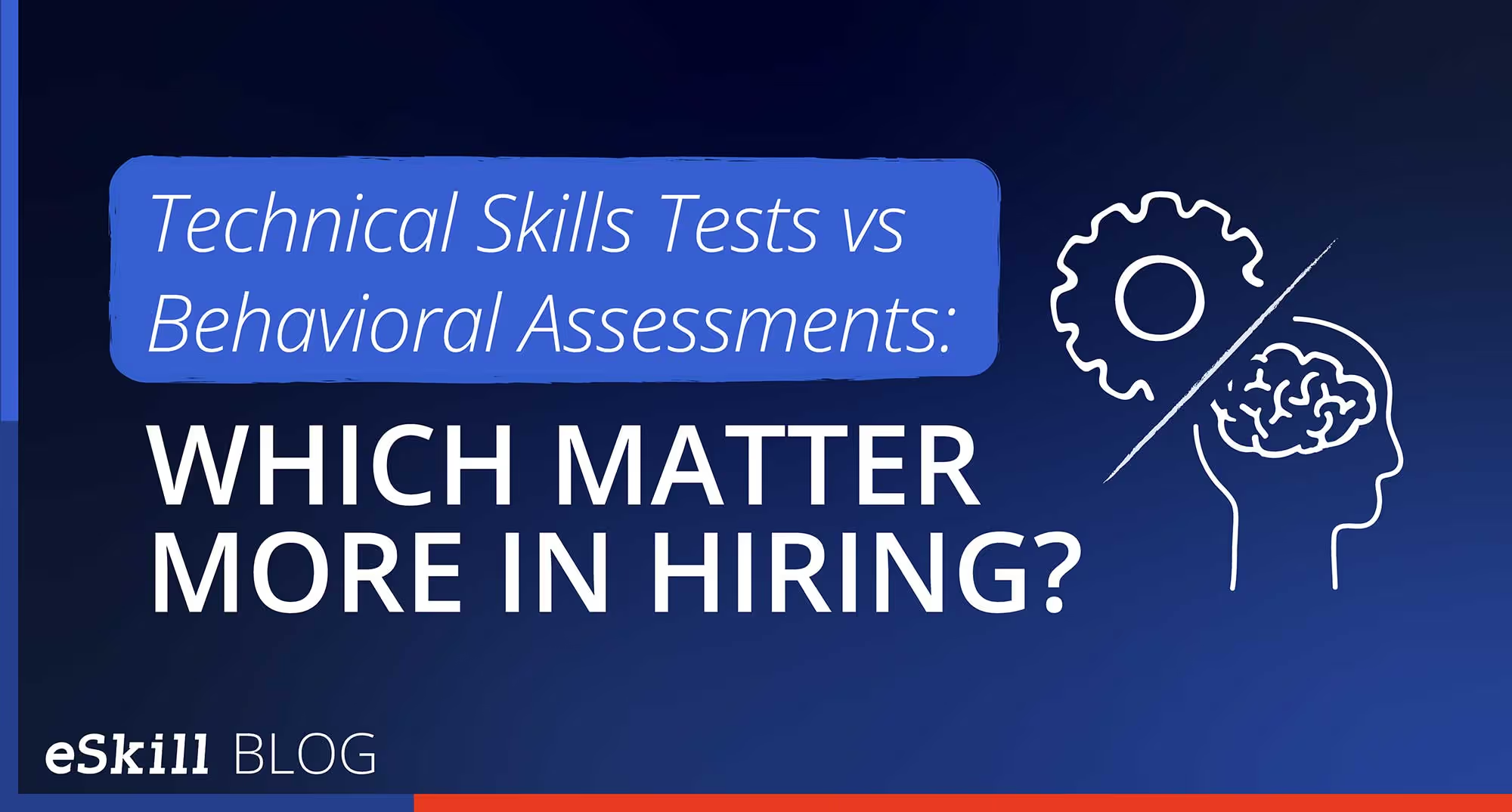Core competencies are a major strategic advantage your business can have over its competitors. They can be verifiable technical competencies (such as achievements, skills, knowledge, and expertise) or non-technical competencies. Many companies have the same technical competencies: educated employees, skilled programmers, talented artists, etc. The immeasurable non-technical competencies are what sets some companies apart and help determine which startups, although they may be similar to many others, will succeed.
Non-technical competencies are personal and professional skills that cannot easily be measured. Some examples of these skills include accountability, ethics, and competitiveness. Screening for certain non-technical competencies – and improving these skills in current staff members – is vital to business success, especially in a startup that is just beginning to gain influence.
When hiring, employers often look closely at a job candidate’s skills and forget to look at his or her attitude. This oversight can cause you to hire someone who is qualified but a bad fit overall for the company. In a startup, where agility, innovation, and focus are key, some of the most important non-technical competencies to look for are listed below.
- Focus
You need staffers who can really focus on your startup’s mission. All of your long- and short-term goals and tasks must align with your company’s mission and vision. Mastering this core competency means being able to effectively visualize, develop, and communicate your mission and goals with your entire team. Establish your primary focus and make sure that your entire team understands how each of their roles aligns with the end-goals of your company. - Entrepreneurial Empowerment
Startups are filled with entrepreneurial individuals who believe in their work and want to make a significant contribution to their company and community. Take advantage of their talent and vision by empowering them to make a difference in your company. Allow them to set their own goals that are consistent with company goals, and give them the freedom to do their jobs and resolve issues according to their own work style. Help employees feel confident in their ability to be successful in their jobs, make decisions, lead others, and give them ownership of their responsibilities. In a startup where many employees are busy with multiple responsibilities, the ability to work independently and effectively is essential. - Communication
It’s possible for both large and small companies to have bad communication channels. Make sure that all of your employees are well informed by putting multiple strategic communication channels in place (email, newsletters, etc.). Invest time in communicating information regularly and consistently. If your startup is based virtually, invest in project management software. If your startup is office-based, have meeting rooms and inspire a culture of open collaboration across the floor. Ensure that everyone is kept informed about new developments, even if they are on other teams, and that all information shared is professional and appropriate. - Opportunity Recognition
Employees in a startup should be adept at recognizing and seizing profitable business opportunities, such as potential new clients, suppliers, and partners. And they should be able to take calculated risks to pursue the kind of valuable opportunities that will lead to achieving business goals. - Innovation
Startups need to be agile and innovative. The capacity and desire to develop and support something new is one of their great strengths. In order to be innovative, startups need employees who are personally invested in developing new products, services, methods, or approaches. They should actively propose new ideas and technologies to better accomplish your goals. This kind of non-technical competency also involves working well with others in order to innovate. - Stress Management
Startups are often high-stress environments, especially since one employee is likely to be in charge of multiple jobs. Startup employees need to have diverse skills and be able to handle many projects, clients, and tasks at once. This means that being able to efficiently function when under duress is important for startup work. In addition to being able to remain calm under stress, employees should also maintain self-control, even when being provoked. Finally, having this type of non-measurable competency also entails an understanding of self; employees should know their limits and manage their own behaviors to avoid or reduce stress. - Flexibility
Startup employees must often wear many “hats.” Your graphic designer may also have to create copy for marketing pieces. The general manager of a winery may sometimes have to work in the tasting room and take care of customers. In order to succeed in a startup environment, employees need to be flexible in terms of their willingness to try new and different tasks and approaches. They must be open to others’ perspectives and be able to switch between strategies and methods when needed.
Evaluation is Key
After establishing that a candidate has the required technical competencies (i.e. a necessary college degree or certification), non-technical competencies become the main indicators of whether a potential employee will excel in his or her job. This is why so many companies evaluate beyond a resume and use qualified assessment tools to understand and measure candidate competencies.
Startups have many advantages over larger and more established companies. Startups are smaller – they usually have only a handful of permanent employees – so it’s easier to communicate and hold company-wide meetings, and they can build solid foundations from the ground up. Startups have a clean slate and can create their brand image without prejudice or any other preconceived assumptions. If a startup is careful to make sure that employees have the core competencies listed above, they will also have a workforce that’s primed for success.

Get ademo.






